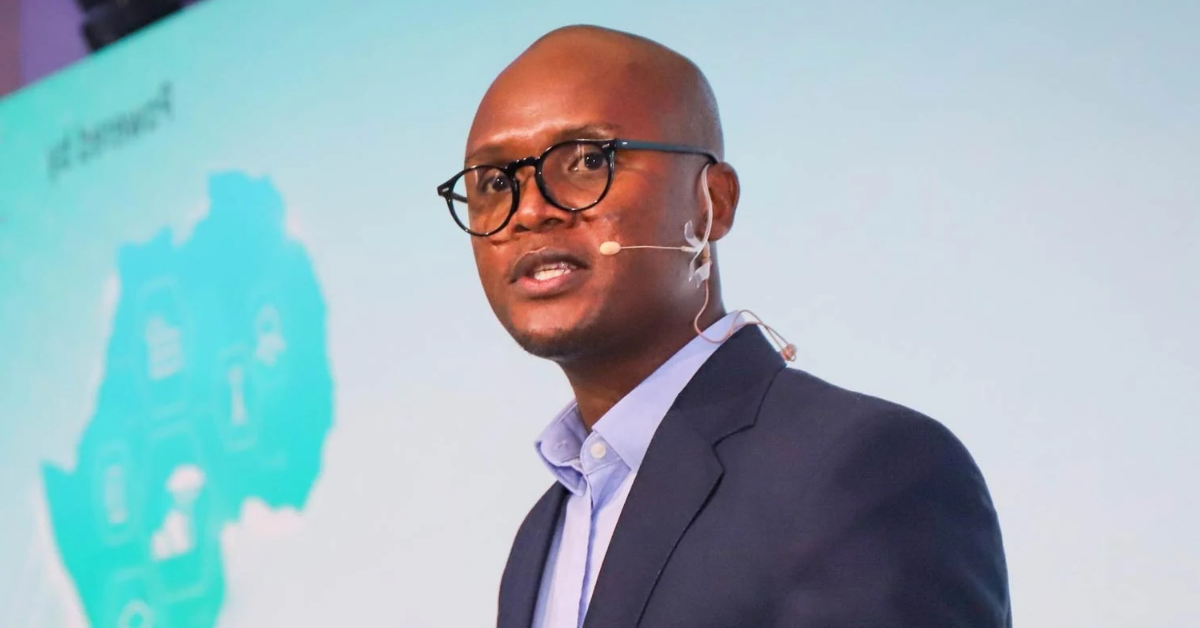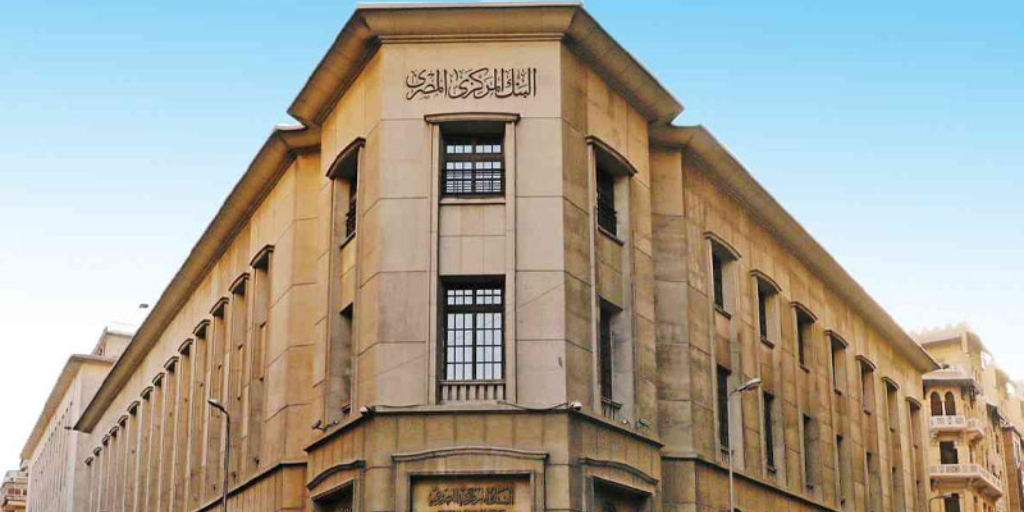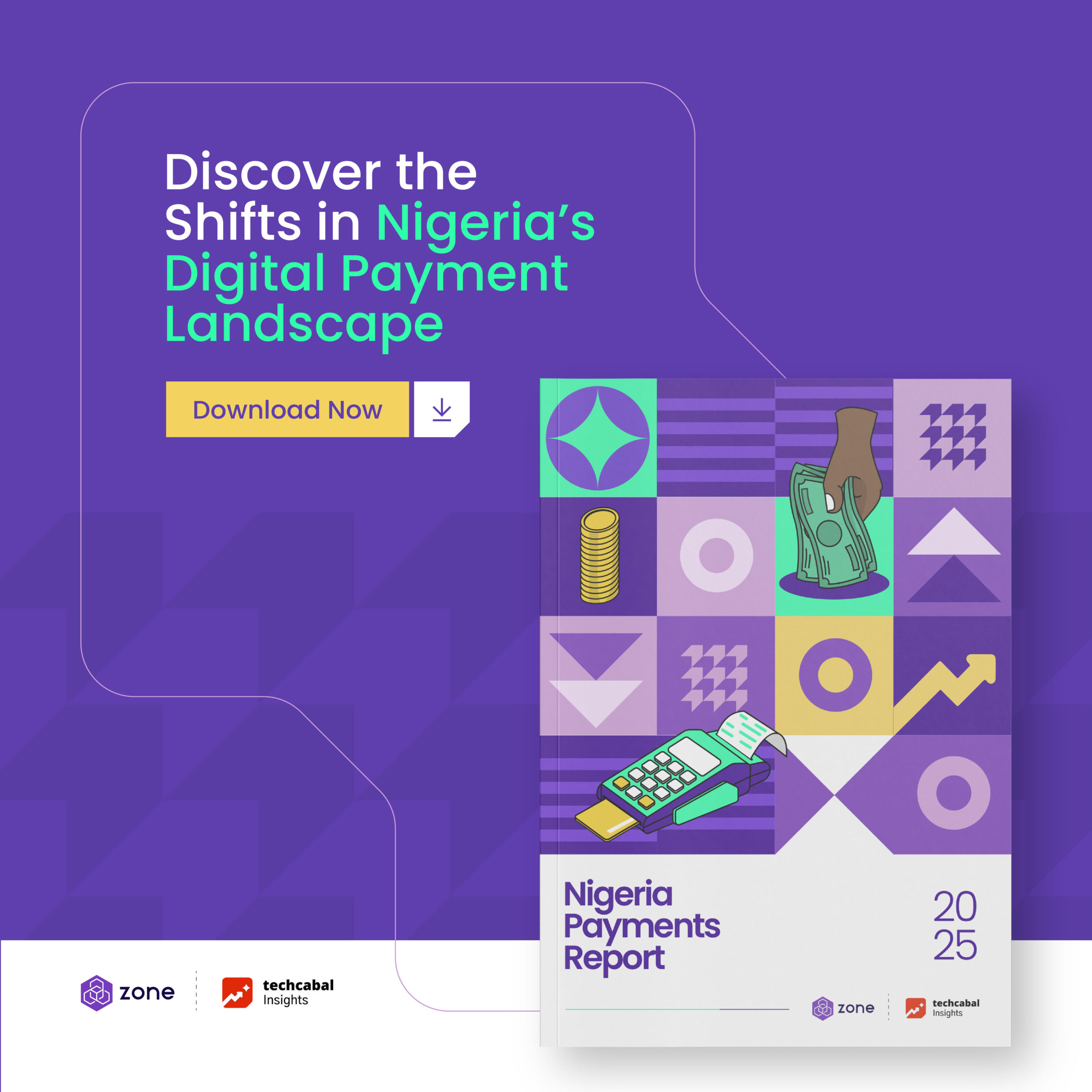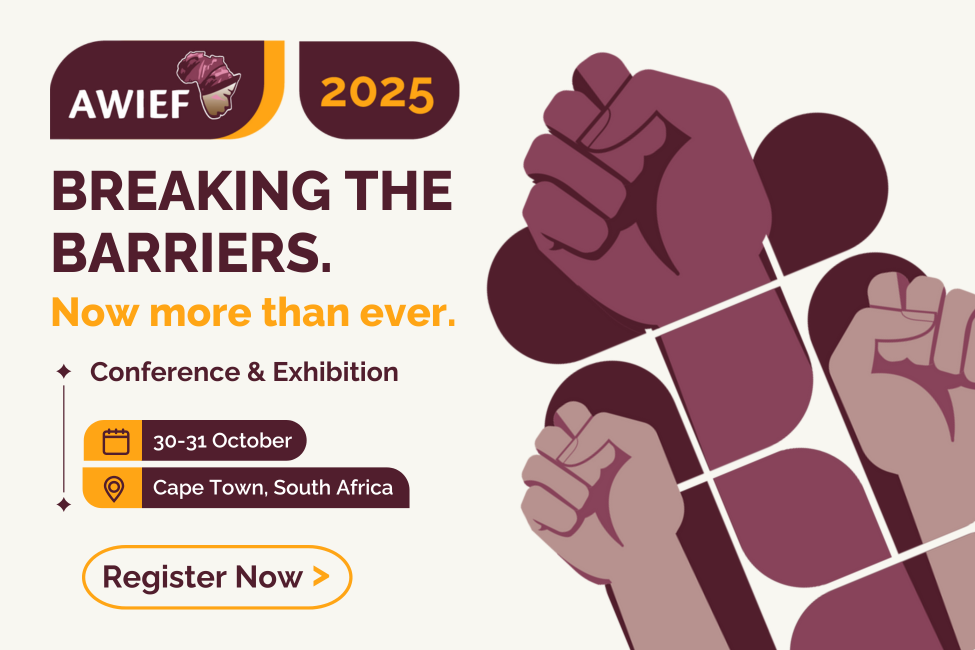- 👨🏿🚀TC Daily
- Posts
- Twiga’s new glam
Twiga’s new glam
Inside: South Africa rolls out red carpet for Starlink.


Happy salary week! ☀️️️
Sadly, it’s the beginning of lengthy, boring weekends for football lovers across the globe. Both the English Premier League and the Italian football league came to a close yesterday. With more football leagues closing next weekend, the beautiful game is officially on vacation until August. But hey, that just means you’ve got more time to chase your own big goals, find new interesting hobbies and, of course, catch up on our weekend columns.
ICYMI: Discover how MyFoodAngels thrived in its first 1,000 days, and follow Chioma Wilson-Dike's inspiring legal-tech journey in last week’s Digital Nomads.
– Faith

E-commerce
Twiga is restructuring: 300 jobs out, new holding company in

Twiga Foods is in its reinvention era, and it’s not joking about it!
Project Easter: Twiga Foods, one of Kenya’s most funded B2B e-commerce startups that connect farmers and vendors, is currently pivoting to an asset-light operation model to cut costs. The move which has been favored by VCs allows the company to scale faster by leveraging existing distributor networks instead of owning expensive infrastructure.
Dubbed ‘Project Easter’ (because, rebirth?) Twiga Foods has created a new holding company—referred to internally as “newco,”—to oversee logistics, procurement, and technology across the company and its subsidiaries. Whether Newco has been formally registered and if it would function as a holding company is yet to be disclosed. Only a small central crew of about 10–12 people will transfer into the mysterious newco.
The company also had a round of job cuts. In an internal document seen by TechCabal, Twiga had 300 job cuts, with the supply chain department taking the hardest hit—267 roles gone. The restructuring continues a round of layoffs in the company, as in October 2022, the company laid off 211 people from its sales team. As part of the restructuring, Twiga acquired controlling shares in three Local FMCG distributors, Jumra, Sojoar, and Raisons, In April 2025. The acquisitions gave Twiga access to eight distribution centers across Kenya’s Central, Coastal, and Western regions.
So… why the drama? Twiga insists these changes are about sustainability and profitability, but the need for a new holding structure suggests its previous model wasn’t built to manage a multi-entity operation. Twiga’s bet is that a sleeker and more centralised business structure will unify its operations and attract investors.
But the drive for efficiency goes beyond just corporate reorganization. Twiga is also rethinking its physical presence, considering relocating from its Tatu City logistics hub to more affordable, centrally located sites closer to Nairobi. Altogether, these moves reflect Twiga’s broader shift toward growth after years of grappling with the challenge of digitizing food distribution from rural producers to urban resellers across Kenya.
Join Fincra for an Exclusive Side Event at Money20/20 Europe

Fincra is co-hosting “Stablecoins & The Future of Payments” at Money20/20 Europe with Utila, Rail, Wirex & more. Join fintech leaders for insightful panels & networking. Limited spots - RSVP here.
Internet
South Africa’s new ICT policy could finally clear a path for Starlink

If ‘South Africa and Starlink’ headlines have been fighting for your attention and losing, grab a chair—we’ll break it down.
South Africa’s ICT sector has a licensing regulation, the Broad-Based Black Economic Empowerment regulation, which requires that at least 30% of a company's ownership is held by historically disadvantaged South Africans—like Black South Africans and women—to promote economic inclusion. Good as it seems, it often scares off international tech companies who either have to comply by selling off shares to local partners or walk away.
This rule has been a major blocker for Starlink’s entry into the country as the Elon Musk-owned internet service provider has refused to cede 30% equity to local partners. In response, South Africa’s president recently discussed a workaround to the regulation with Donald Trump.
On May 23, South Africa’s minister of Communications and Digital Technologies announced a new equity equivalent investment programmes (EEIPs) policy as an alternative to the existing BEE regulation.
What’s different? Instead of multinational companies selling shares to local partners, they can support South Africa’s digital transformation goals by investing in initiatives that may include investing in small, medium, and micro enterprises (SMMEs), building digital infrastructure, or providing skills training.
The new policy is currently open for public comment for about 30 days. If both sides come to an agreement,Starlink’s entry could mean broader rural connectivity, increased digital inclusion, and could drive country-wide economic growth.
Zoom out: While Starlink had previously cited the local ownership requirements as a reason for its absence in the country, the introduction of this new policy finally paves the way. Now that the red carpet’s been rolled out, will Starlink actually show up?
Paga is on the Financial Times List Three Times in a Row!

Milestone achieved: 3x in a row! Celebrating 16 years of growth with our third consecutive appearance on the Financial Times' Africa's Fastest-Growing Companies list. Read more.
Policy
Nigeria's new proposed blockchain policy whitepaper will encourage collaboration rather than alienate builders

On May 16, 2025, Nigeria’s Ministry of Communications, Innovation, and Digital Economy released a white paper for its proposed national blockchain policy, promising a more inclusive approach. The announcement quickly drew criticism from industry stakeholders on the X platform.
This is not Nigeria’s first rodeo with a blockchain policy. In 2023, the National Information Technology Development Agency (NITDA), under Isa Pantami’s leadership, launched and supposedly implemented a national blockchain policy that has since been swept under the carpet after the committee for that project disbanded.
In the months that followed, Nigeria’s blockchain industry was rudderless. However, the white paper signals that the government, or at least Minister Bosun Tijani, wants to take the long route to collaborate with industry leaders to make things work—just as the country's Securities and Exchange Commission (SEC) has been collaborating with startups to implement digital asset regulations.
Why now? The government wants to do more with blockchain technology. The country's minister of information has previously said that it wants to use blockchain to boost financial inclusion, improve digital identity, make supply chains more transparent, and drive innovation in governance and electronic transactions.
How does Nigeria compare elsewhere? South Africa and Kenya have already launched blockchain pilots and regulatory sandboxes, while most of Africa is still catching up—or doing nothing yet. This makes Nigeria one of the few countries doing anything about blockchain.
The policy’s big goal is to build public trust. And this time, from builders and those with skin in the game, rather than policy men in kaftans. But the obvious problem is the government’s slow follow-through with regulations and the lack of cohesion among regulators.
We've seen this with the slow rollout of crypto regulations despite promises to make things move faster. Nigerian regulators need to speak and move with one voice.
The country’s new blockchain policy white paper is mostly consultative, and many want to see action, not just talk. If the government can deliver on its promises, Nigeria could become a true leader in Africa’s digital future. For now, cautious optimism is the mood.
Here’s what happened at Paystack in 2024!

See what Paystack built last year! From major product upgrades to new ways we supported African businesses. Check out our Year in Review →
Economy
Egypt's Central Bank cuts benchmark rates for the second time in a row

After cutting benchmark rates across deposits, lending, and operations in April for the first time since 2020, the Central Bank of Egypt (CBE) has continued to go down that path.
On May 22, the CBE cut interest rates for the second time in a row, this time by 100 basis points. The overnight deposit and lending rates now stand at 24% and 25% respectively, while the main operations rate is 24.5%.
While the country's inflation has been accelerating, it is still well below the region where the CBE can tolerate. In January 2025, Egypt's headline inflation was at 24% after slightly easing by 10 basis points from the previous month. But in February 2025, inflation eased significantly to 12.8%.
This was due to a strong economic bounceback. The country's currency strengthened against the US dollar; food prices, especially vegetables, declined significantly in the same month due to the government increasing food supplies at state-run markets and encouraging people to shop early for Ramadan. This helped to spread out the demand over a long period, matching the supply. This kept prices down and prevented demand spikes that would have driven up prices.
Additionally, fuel and energy prices stayed the same, and Egypt's dollar shortage also eased, so imported goods didn’t get more expensive. Egypt also applied a base-year effect to how it reported inflation, discounting last year's high prices in the yearly inflation rate.
However, after Egypt's great run in February, headline inflation has since gone the opposite direction. In March and April, inflation has climbed by a combined 110 basis points (now at 13.9%).
Egypt is cutting benchmark rates, keeping its door open for investment inflows into the country amid the global trade tensions. More inflows will signal confidence in the country's economic recovery after years of turbulence.
With its next policy meeting on July 10, the CBE may likely hold rates steady to assess the impact of its recent rate cuts—especially if inflation continues to accelerate in May and June.
Post Jobs on Jobberman for Free!

Hiring just got easier! Post your jobs on Jobberman for FREE and connect with 3 million+ qualified candidates. No fees, no stress - just smart, seamless recruitment. Start here.
CRYPTO TRACKER
The World Wide Web3
Source:

Coin Name | Current Value | Day | Month |
|---|---|---|---|
| $109,676 | + 1.50% | + 15.82% | |
| $2,571 | + 2.46% | + 43.03% | |
| $2.35 | + 1.23% | + 7.11% | |
| $177.69 | + 2.29% | + 17.53% |
* Data as of 06.30 AM WAT, May 26, 2025.
Download our Policy Brief!

Nigeria’s digital payment space is evolving fast. Are you keeping up? Our latest report highlights key shifts, challenges, and opportunities across Nigeria’s payments ecosystem. Download Report now.
Events
- The Africa Women Innovation and Entrepreneurship Forum (AWIEF) will return to Cape Town on 30–31 October 2025, under the urgent theme “Breaking the Barriers: Now More Than Ever.” As backlash against gender equality threatens hard-won gains, AWIEF2025 calls for bold, collective action to advance women’s leadership in business and innovation. The two-day event will gather entrepreneurs, investors, policymakers, and changemakers from across Africa and beyond to accelerate progress for women on the continent. Register now or book an exhibition stand.

Written by: Emmanuel Nwosu and Opeyemi Kareem
Edited by: Faith Omoniyi
Want more of TechCabal?
Sign up for our insightful newsletters on the business and economy of tech in Africa.
- The Next Wave: futuristic analysis of the business of tech in Africa.
- TC Scoops: breaking news from TechCabal
P:S If you’re often missing TC Daily in your inbox, check your Promotions folder and move any edition of TC Daily from “Promotions” to your “Main” or “Primary” folder and TC Daily will always come to you.


How did you find today's edition of #TCDaily? |


